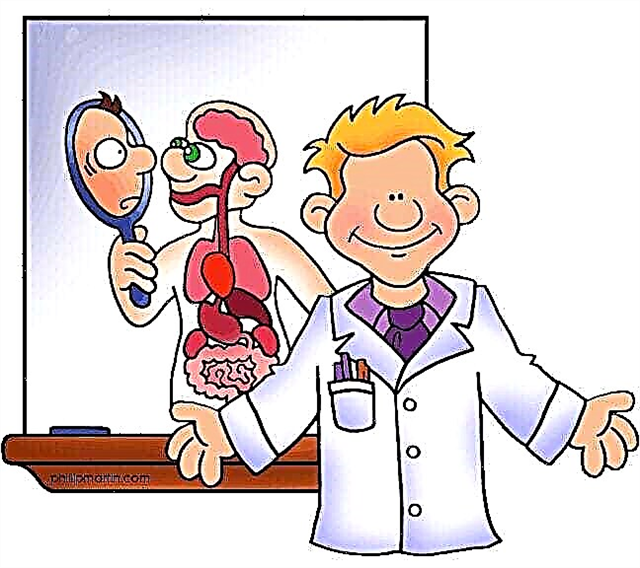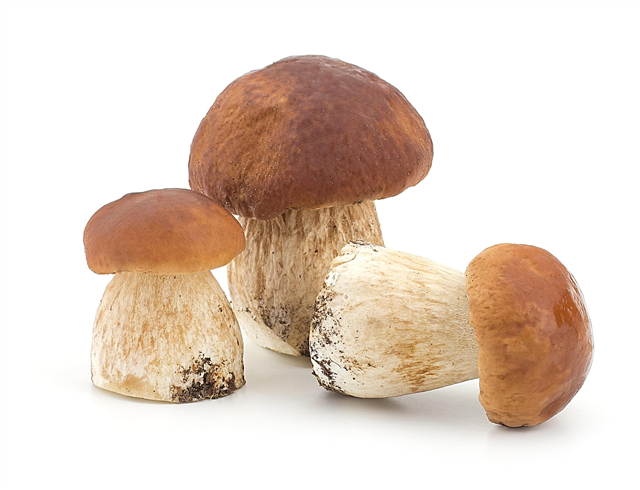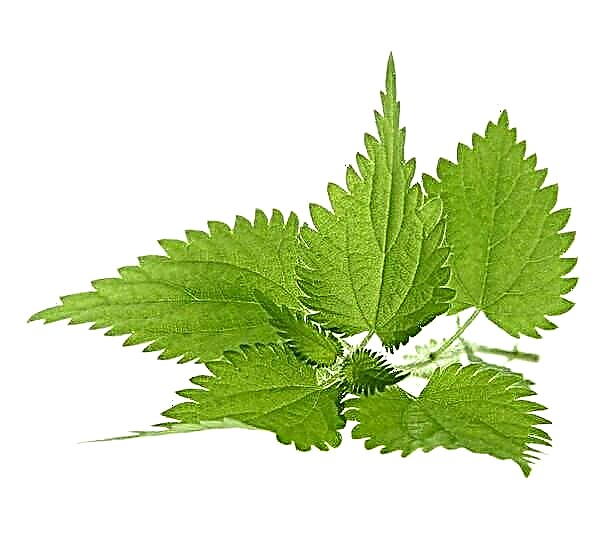
The feeling of pain is known to every person. It occurs due to injuries or shock, but can occur suddenly, for no apparent external reason. Pain is perceived by people in different ways, someone easily tolerates it, while others do not. But why does it appear, what is the mechanism of its occurrence?
Scientists, mainly doctors, worked a lot on this issue. Today, science can give an exhaustive answer to it.
Why does a man need pain?

It would seem that pain is something completely unnecessary. After all, it is not in vain that so many analgesics are sold in pharmacies. The pain distracts, makes it difficult to concentrate, even if it is just some kind of migraine. Severe pain can permanently disable a person. On the one hand, all this is true. But it is also worth pointing out another point - it is pain that draws a person's attention to problems in the body. It is she who forms a number of reflexes, from an early age teaches a living being behavior that will be safe for him.
Burning a finger, a person immediately withdraws his hand and draws attention to this part of the body. Without pain, he would not even notice the damage. This would be fraught with more serious injuries. Having hit once after falling and feeling pain, the child learns to behave more safely. Pain is absolutely necessary, and first of all, for human survival.
Pain forms the correct behavior in case of danger, the ability to immediately identify moments associated with risk, and to avoid them. Pain is a really important feeling.

This is proven by researchers who observed several families in Pakistan who had one common anomaly. They were completely insensitive to pain while maintaining the fullness of all other sensations. Children from these families had many scars, they simply did not understand that their behavior in one case or another could be dangerous. These families were characterized by high mortality, especially in childhood. A study of individuals who do not have pain sensitivity allowed scientists to identify the gene that is responsible for the formation of pain sensations. This is the SCN9A gene. With any anomalies associated with it, a person loses this feeling.
Why do we feel pain?

The mechanism of perception of pain is now fully understood. The corresponding signal during mechanical or other effects on the body is transmitted through the ion channels that are present in cell membranes. They work due to the potassium-sodium balance inside the cells, not only pain signals pass through them, but also all other sensations received and realized by the person.
Interesting fact: up to a third of the oxygen received by the body, and up to half of the energy that is absorbed by food, is spent on ensuring the operability of this system. These are extremely energy-intensive structures.
The ion channels form electrical impulses that go along the nerves, reaching the brain, thalamus and hypothalamus, the reticular formation, the middle and medulla oblongata, and finally enter the cerebral cortex, where they are already recognized as pain.In response to the received pain stimulus, a reflex is usually triggered - the brain immediately sends a command back. So, a person automatically withdraws his hand if he accidentally cuts or hits it.
How can a person cope with pain?

Pain is unbearable. With its high intensity, the human body is able to release its own painkillers to extinguish it - these are primarily endorphins. There are also artificial painkillers developed by humans. They can be based on caffeine, but the most powerful of them are morphine derivatives, opioids. But they are dangerous, because with regular use cause drug dependence. Alcohol also has a painkiller - however, it is also a dangerous substance that should not be carried away.
Who is more resistant to pain - women or men?
Scientists have found that female and male perceptions of pain vary - so, the perception of this sensation in females and males in a laboratory mouse even begins with different cells. There is such a belief that women tolerate pain more easily. But scientists have found that it is very controversial. So, girls on the face have twice as many nerve endings, and in general, women have a more sensitive body. During the observations, it was found that women tolerate pain worse and feel it more often.

However, the female body is able to produce the hormone estradiol, which significantly reduces pain. And in particular, the body increases its content in the blood before childbirth, which allows women to easily endure severe pain. True, this hormone is produced only with the onset of puberty, and after menopause its production ends.So women have only temporary protection against pain.
However, there is another important factor. A person’s response to pain is largely shaped psychologically. If one person sees that the other endures pain painfully, then his own pain threshold rises, and vice versa. This is proved by experiments. The suggestion tested by centuries, which boys receive, works in the same way: you are a man, you must endure. Accustomed to endure pain from childhood, the child brings hardness in this regard to adulthood.
Thus, pain is a signal that indicates the dysfunction of the body. Pain forms the right behavior, teaches to avoid danger. The sensation is formed by nerve impulses, it can be limited in intensity by hormones or medications. It is crucial for human survival.












